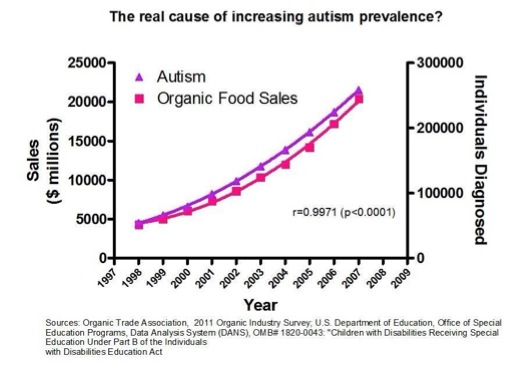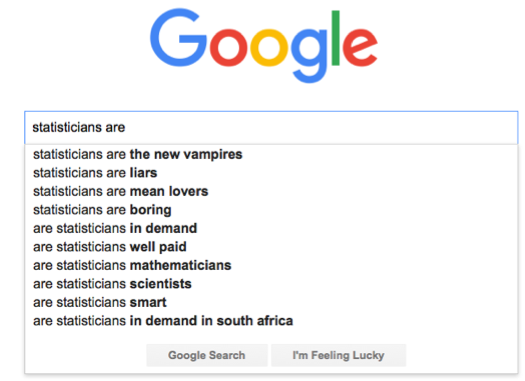I am the founder of ChatterBaby, creating an algorithm to translate a baby's cries into labels (cry vs. no-cry, pain vs. fussy vs. hungry) using machine learning on acoustic features. I began this project in 2013 after the birth of my third child, when I realized that my new baby had very similar cry features to her siblings. Five years later, we are releasing the app and launching our ChatterBaby NICU study, where we are creating a "pain thermometer" by predicting the pain levels contained in an infant's cry.
I try to keep a "pet project" going at all times, to explore new techniques and fields. My past side project was computer aided screening of diabetes using the electronic health record. Although diabetes is the fifth leading cause of death in the United States, roughly 1 in 4 diabetics (type 2) are unaware they have the disease. We found many interesting predictors for diabetes, including ICD 302.X, "Sexual and Gender Identity Disorder."
A statistician is someone who tells you, when you've got your head in the fridge and your feet in the oven, that you're – on average - very comfortable.




